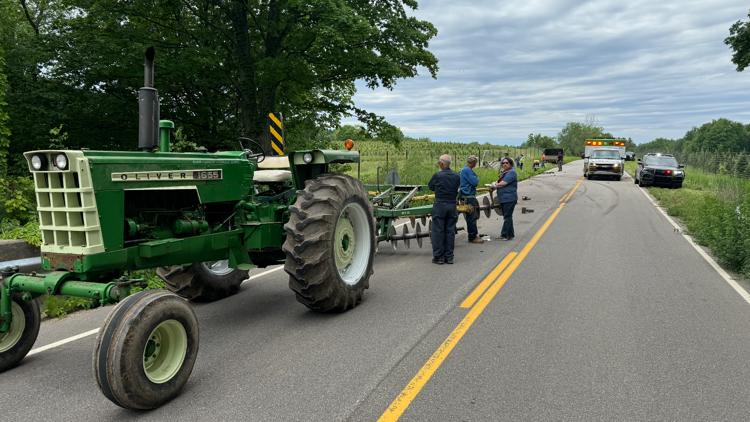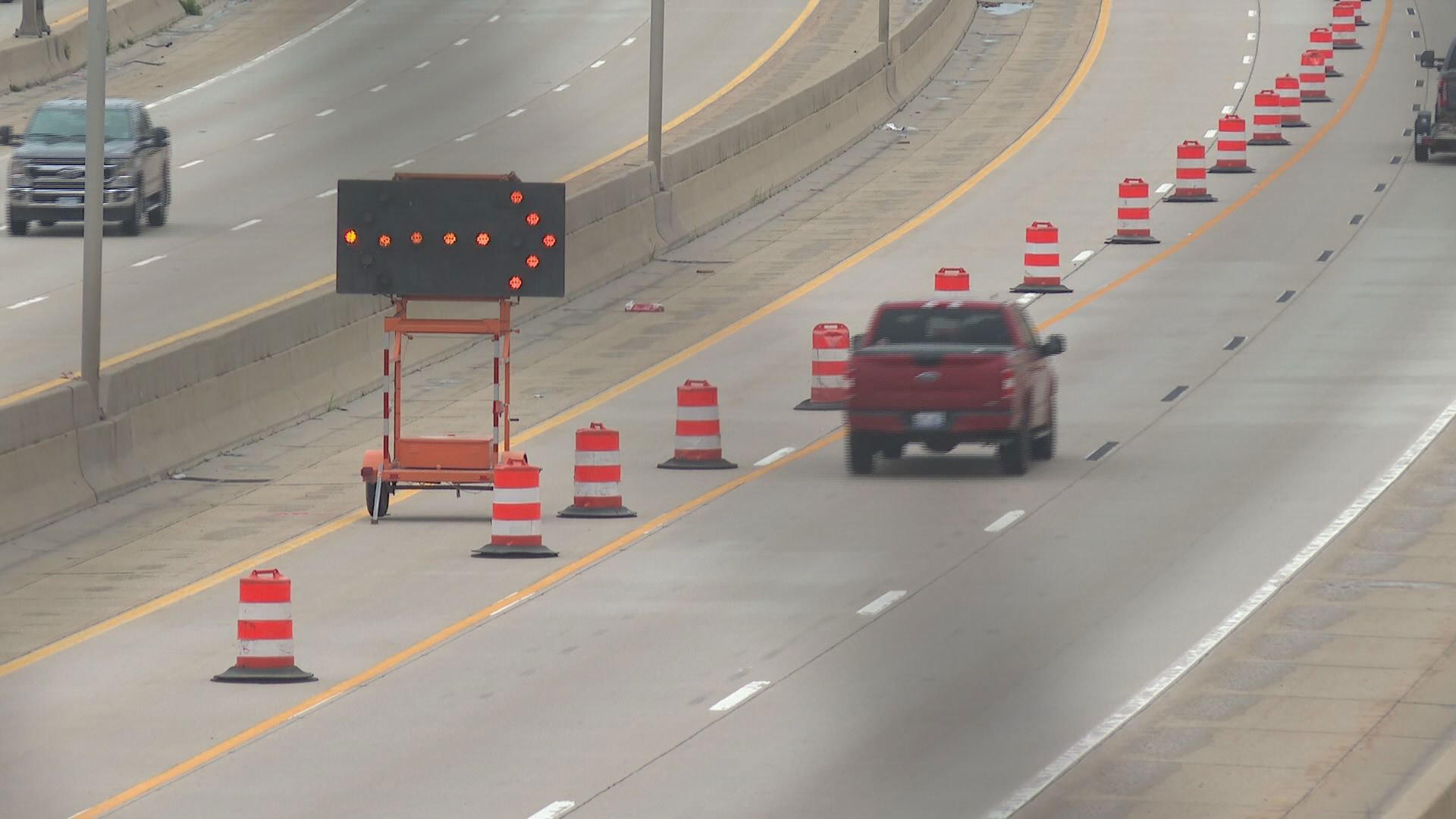BERRIEN COUNTY, Mich. — As we enter the fall season, the Berrien County Sheriff's Office (BCSO) is reminding the public of the importance of sharing the road with farm equipment.
Many farm vehicles will need to share rural roads with the normal flow of traffic.
BCSO said farm equipment is not only allowed to travel on the roadway by law but also usually must travel on the roads to get from their farm to the fields.
Deputies said to slow down and be patient if you come across a wide piece of farm equipment. According to BCSO, most times the farmer will pull off the road when it's safe to allow cars to pass.
Farm equipment can be wider than one lane or in some cases wider than the road itself. It usually travels at slow speeds of 10-15 mph.
Deputies said when encountering farm equipment, patience is necessary for safety.
Safety tips by BCSO include:
- Pass with caution if a farmer has pulled off the road to allow you to pass, or if they cannot pull off and you feel you can pass in a safe manner.
- Be watchful of motor vehicles behind you that may also try to pass.
- Do not pass if you must enter the oncoming traffic lane unless you can see clearly ahead of you and the vehicle you will pass.
- Do not pass if there are curves or hills ahead that may block your view or the view of oncoming vehicles.
- Do not pass in a designated “No Passing Zone” or within 100 feet of any intersection, railroad crossing or bridge.
- Do not assume that a farm vehicle that pulls to the right side of the road is going to let you pass.
- Due to the size of some farm implements, the farmer must use wide left-hand turns.
- If you are unsure, check for turn signals or operator hand signals.
- Also, check the left side of the road for driveways, gates or any place a farm vehicle might turn into.
- Do not assume the farmer can see you or knows you are there if you are following.
- Most operators are regularly checking traffic behind them and newer farm equipment is well equipped with mirrors but farmers must spend most of the time looking ahead to keep equipment safely on the road and watch for oncoming traffic.



